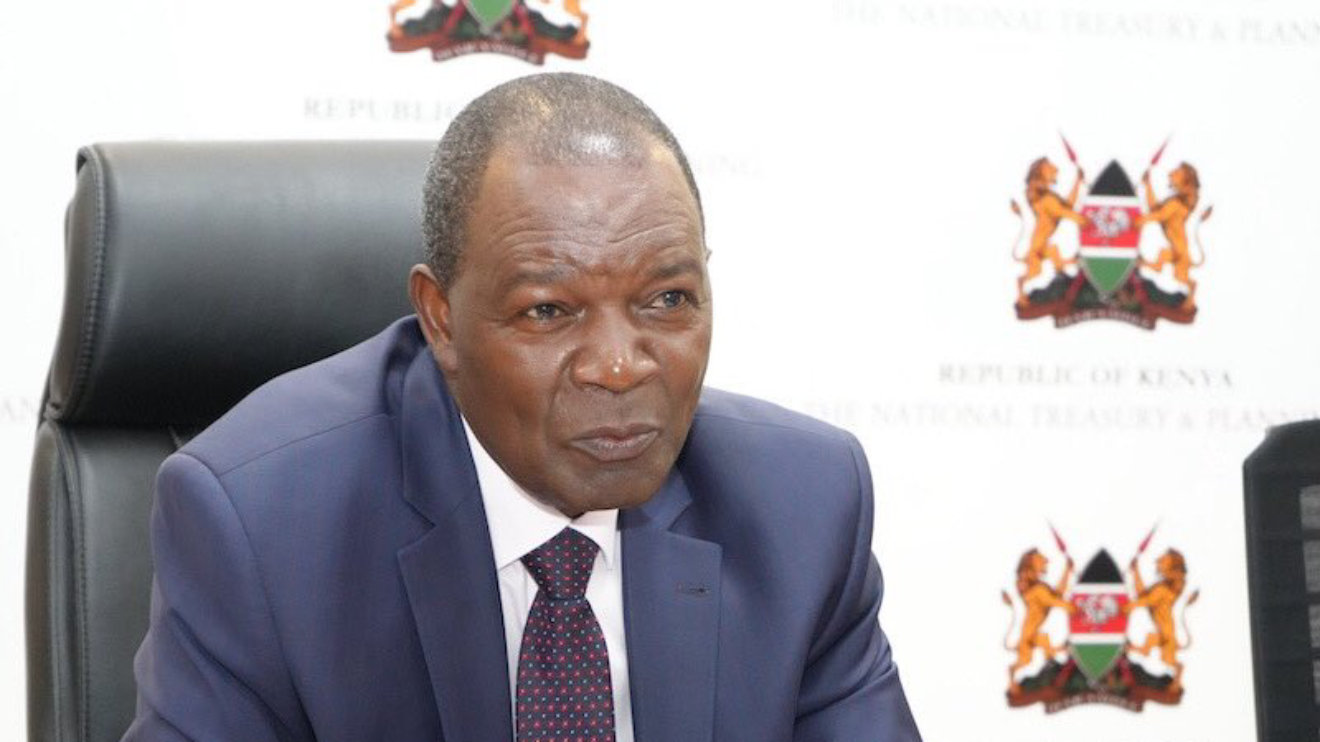Accounting and Measuring Results
Treasury Slams 4 Transaction Accounts in Accountability Push

In order to increase transparency and accountability in the use of public resources, the National Treasury has closed four transaction accounts and moved funds for government ministries, departments, and agencies to a single, consolidated account.
The accounts known as the Kenya Local Loans Support Fund, the Government Coast Agency Fund, the Pre-Shipment Inspection Fund, and the Treasury Main Clearance Fund have all been closed, according to Treasury Cabinet Secretary Njuguna Ndung’u.
“The administrator of the Fund shall pay any amount remaining in the Fund into the National Exchequer Account for the credit of the national government, or the Cabinet Secretary shall pay any deficit in the Fund from funds of the national government in the National Exchequer Account with the approval of the National Assembly, and the Cabinet Secretary shall submit a final statement of accounts to Parliament,” he said about each of the affected funds.
The Treasury has intensified its push for a single account to hold the cash for government ministries, departments, and agencies to enhance transparency and accountability in the use of public resources and limit borrowing, but some cash remained idle in some unnoticed accounts despite efforts to stop the loss of billions of shillings annually.
The Single Account (TSA) concept has gained popularity in public financial management systems across the globe as a means of addressing the problems associated with a disjointed system for managing government revenues and payments through the banking system.
First, transactions involving several accounts reduce transparency and increase the danger of money being stolen from the government.
Second, inactive bank account cash holdings frequently do not generate market-related compensation.
Additionally, because it is unaware of these resources, the government pays needless borrowing fees when trying to raise money to make up for cash flow gaps for development expenses. Furthermore, analysts note that inactive government cash balances in the commercial banking sector are not inactive for the banks themselves and can be used to grant credit.
The State has a bird’s-eye view of all of its consolidated cash positions because the TSA is situated at the Central Bank of Kenya. It makes it possible for the government to forecast its cash flows and might even result in a decrease in borrowing through overdrafts and other short-term treasury securities.
According to the arrangement, any funds received by the national government are transferred through the revenue-collecting account and credited to the exchequer account, which will control outflows. Consolidated financial statements are produced as a result, of increasing transparency.
Through the improvement of the national Integrated Financial Management System (Ifmis) portal, the Treasury has improved the consolidation of financial transactions.
For instance, the improved Ifmis has moved the management of purchase orders and invoices online in an effort to improve the efficiency and transparency of the payment processes for suppliers.
The improved system, which went online early last year, eliminated human interaction and will allow vendors to receive purchase orders created by Ifmis by email from the federal and local levels of government.
Following the confirmation of delivery of goods and services to the purchasing State body, suppliers are additionally contacted via emails and text messages at different stages of the payment process.
In an effort to combat corruption in government contracts, Ifmis was developed to offer audit trails of all financial activities with information on who logged in, when, where, and what they did.











